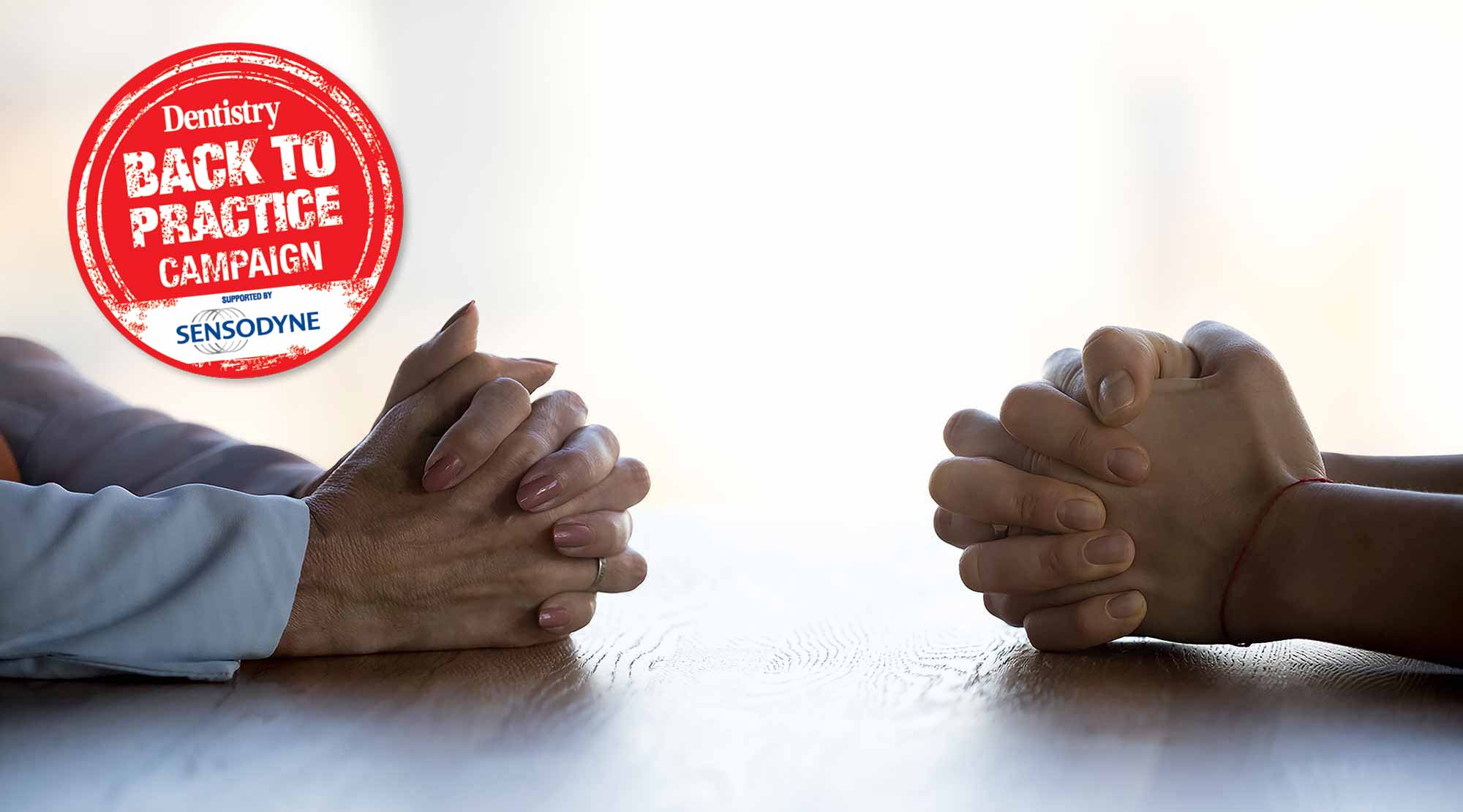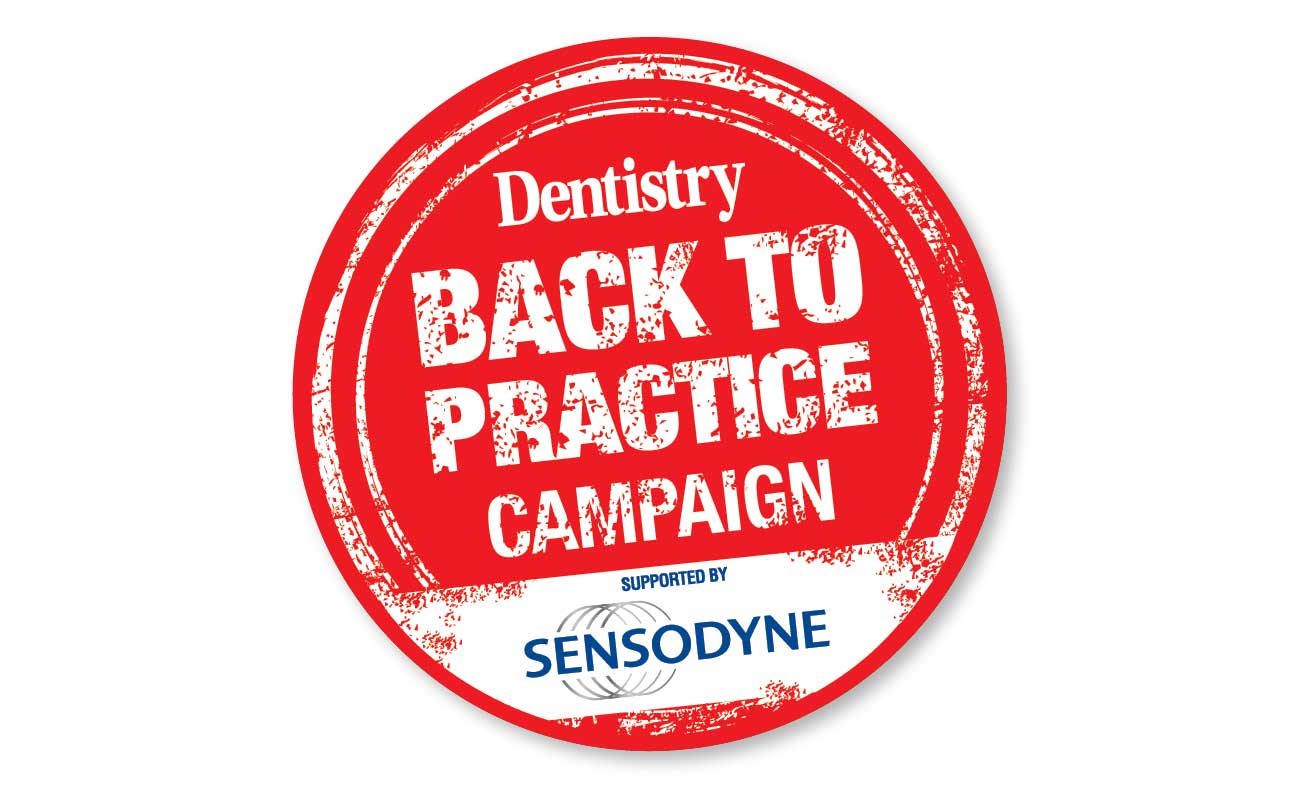 Laura Pearce is a solicitor at JFH Law, which is representing private dentists in a new legal challenge against the Care Quality Commission (CQC).
Laura Pearce is a solicitor at JFH Law, which is representing private dentists in a new legal challenge against the Care Quality Commission (CQC).
On 25th March, 2020 the chief dental officer (CDO) in England sent a letter of preparedness. It advised practices to stop dental treatment, to provide telephone triage only to patients and, where necessary, refer urgent cases to a designated urgent dental care centre (UDCC).
This letter was sent to primary dental care providers with an NHS contract. The Care Quality Commission (CQC) quickly adopted this advice and placed the following guidance on its website:
‘The chief dental officer has set out what dental services must do during the outbreak.
- You should not be providing routine dental care
- Offer telephone triage and advice, giving prescriptions where necessary
- Refer patients who need active emergency treatment to regional urgent care centres where treatment can be provided safely
‘NHS England is dealing with the setting up of regional urgent care centres. We’ll publish more details when we have them.
‘You do not need to notify us about making these changes, unless you’re closing permanently.’
In addition, they sent out a series of email updates that included the following:
- Email update on 30th March 2020: ‘Last week dentists were advised to cease routine treatment, provide telephone advice and triage and refer those needing active treatment to urgent dental treatment centres.’
- Email update on 3rd April 2020: ‘All routine dental care should have stopped. Practices should offer telephone triage and advice, giving prescriptions where necessary.’
- Email update on 17th April 2020: ‘We contacted you on 3rd April to share our expectations of dental providers during the current situation. These expectations have not changed.’
With this in mind, the CQC’s stance could not have been clearer. Private dental practices must not carry out routine treatments, must telephone triage and must refer patients to an UDC.
No direct power
The CQC does not have the direct power to require private dental practices to close. This power can only be given to them by the secretary of state. No such power has been given to them in response to the pandemic.
In fact, the regulations that have been implemented as a result of COVID-19 specifically exclude dental practices as one of the businesses required to shut during the pandemic.
The CDO holds no power over private dental practices; her role is to advise the NHS and dental practices with an NHS contract.
During a webinar on 3rd April 2020, she confirmed that her advice was not for private practices. She said any questions private practitioners had should be directed to the Department of Health for advice.
In my view, her agenda in shutting NHS practices was to ensure the NHS had sufficient PPE and enough staff to deal with the crisis, including redeployment to the Nightingale Hospital.
Additionally, a number of our clients and contacts have been in contact with the CQC asking if they can remain open. The CQC have, to date, provided mixed responses.
Some are being told they must close. Some, on challenging this, have then been advised they can open. Throughout this period the advice on its website remained that practices must not operate.

I then contacted the Department of Health and NHS England to see if the CDO’s advice was intended for private practices. Both directed me to speak to the other department.
My colleague, Julia Furley, wrote to the CQC on 12th May 2020. She asked it to set out on what legal basis it had the power to advise private dental practices to close. On 15th May 2020 the CQC’s legal team responded as follows:
‘The CQC have not adopted the guidance from the CDO as a legally binding position for all dental practitioners in the UK. We have made reference to her guidance on the dental pages of our website to highlight the same to dental providers and members of the public who may view it.’
It also appears the large dental corporate {my}dentist also had concerns about the CQC’s advice and sent a series of questions to the CQC – including asking when can dentists return to work.
In response to that letter, John Milne, senior national professional adviser at the CQC, said:
‘It will be dentists themselves that decide when they will return to work. Dental practice has not been included in the list of businesses that must close. Indeed, most practices have been open but not providing face to face care as part of the public health advice given by the CDO.
‘The dental profession has supported this public health agenda at considerable cost, particularly for the private sector…some private providers have taken the decision to offer services. Some also have asked CQC to “approve” or “endorse” their decisions. It is not CQC’s remit to do this.’
But this letter, as far as we are aware, was only sent to {my}dentist and not the wider dental community. The advice on the CQC’s website remained as above.
Fund potential legal action
Julia Furley was also contacted by Lord John Lee of Trafford. He had been alerted to the problems by his own dentist.
He was so concerned with the lack of dentistry in the UK that following our conversation, he tabled the following question to the House of Lords: ‘For the attention of HM government; what plans they have to discuss with the CQC the steps that need to be taken to enable dental surgeries to safely reopen for emergency dental care during the COVID-19 epidemic’.
We were thereafter contacted by a client who wanted to judicially review the CQC’s advice. He set up a CrowdJustice funding page to help him fund any potential legal action. The first step was to obtain an opinion from QCs on two important questions:
1. Were there grounds to judicially review the CQC’s guidance to dentists? Dentists need absolute clarity of what the consequences will be should they return to work.
2. Could a class action/test case be pursued against the CQC for damages resulting from the improper closure of dental services? All dental practices that offer private treatments have suffered significant financial hardship. They have also suffered potential loss of goodwill as a result of their inability to offer services to patients. We will look at potential avenues for compensating them.
Dentists not informed
On the 19th May the CQC quietly ‘updated’ its guidance. The guidance now appearing on the website is as follows:
‘The decision to offer dental care services is one for the provider to take.
‘Alongside guidance given by Public Heath England (PHE) and the General Dental Council (GDC), CQC encourage dental providers to give proper consideration to the communications from the Chief Dental Officer (CDO) regardless of whether their practice is NHS, private, or mixed.
‘CQC cannot require providers of dental care services to close, unless we find clear evidence of a breach of our regulations that requires consideration of the use of our powers under the Health and Social Care Act 2008 and associated regulations.
‘As part of our regulatory function we will assess the extent to which providers are providing an appropriate level of safety within the context of our regulations.
‘In doing so, we will refer to prevailing guidance, not limited to but including guidance from PHE, the CDO and GDC to help us reach a judgement on the extent to which the service currently being provided complies with our regulations.’
Dentists were not informed of this sudden change in position.
Legal challenge continues
This extraordinary volte-face was presumably in the face of the now overwhelming evidence they should never had ordered practices to follow the guidance of the CDO and stop seeing their patients.
Indeed, there is a clear admission of this in the updated advice. ‘The CQC cannot require providers of dental care services to close’. This is the first small victory for dental practices across England.
However, this does not end the legal challenge. We will now fight to hold the commission to account for their actions and their failure to properly regulate the profession in this crucial time.
For anyone wishing to support the legal action they can donate here.

Find out more about Dentistry’s Back to Practice campaign.


